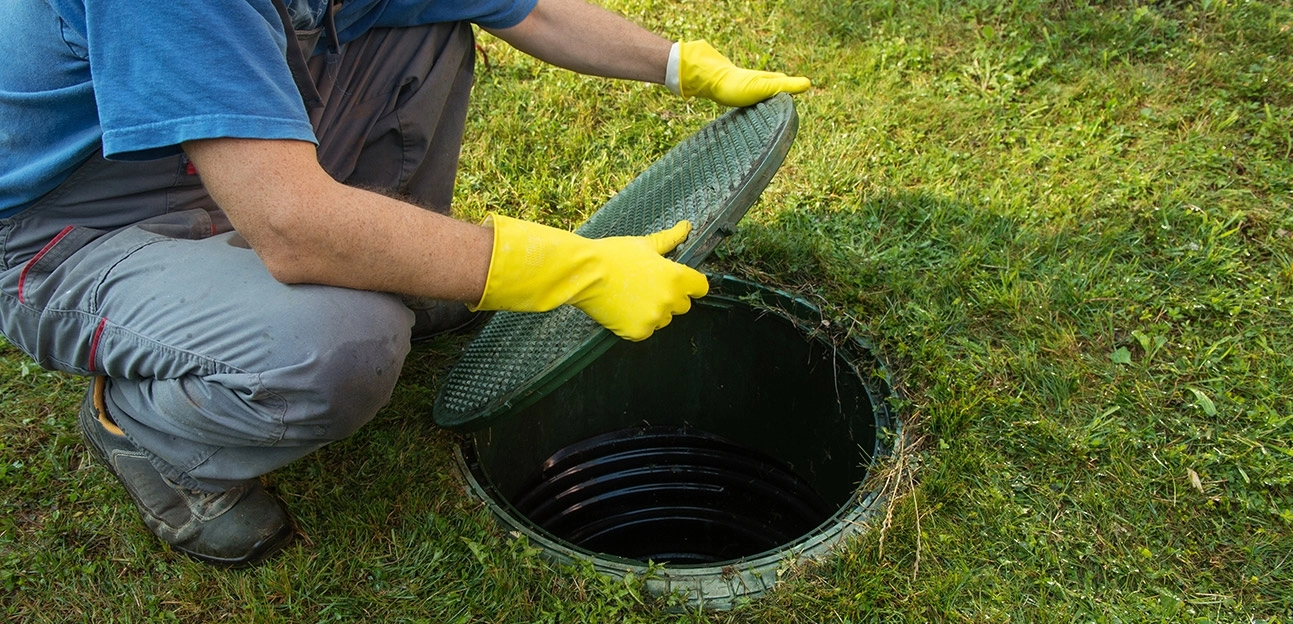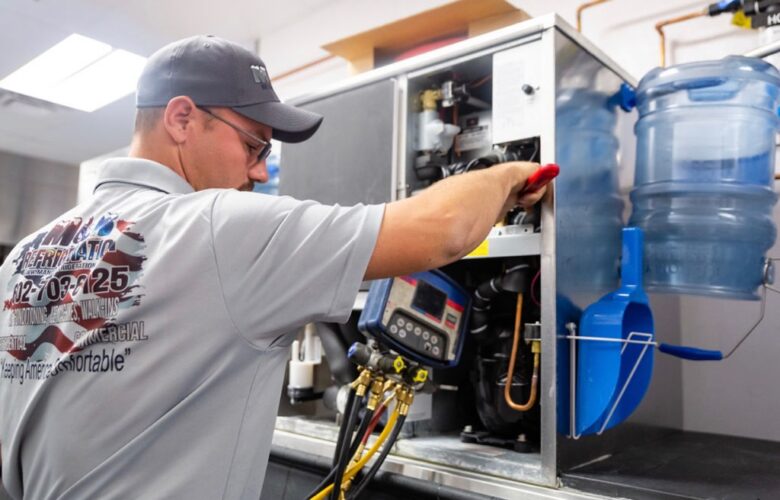Septic tank maintenance is an essential component in ensuring the smooth operation of a household’s wastewater treatment system. One common question arising in this regard is whether septic tank additives deliver on their promises of keeping the septic tank clean and efficient. Septic tanks collect and treat wastewater from your home. Over time, solid waste and scum accumulate at the bottom and top of the tank, respectively, while the liquid portion flows into the drain field. The accumulated debris collected in the system must be pumped periodically to prevent system failure and avoid health hazards. It involves the removal of solid waste and scum, which maintains tank storage capacity and ensures proper wastewater treatment. This process relies on mechanical means, such as pumping and emptying the tank, rather than chemical additives.
Debunking the myth of septic tank additives
Despite the widespread marketing claims, there is little scientific evidence to support the effectiveness of septic tank additives in keeping the system clean. These additives typically consist of enzymes, bacteria, or chemicals that are claimed to enhance bacterial activity, break down waste, reduce odors, and prevent clogging. Several studies and expert opinions have cast doubt on their actual benefits.
Lack of scientific evidence
Numerous independent studies conducted by wastewater treatment experts have found no substantial evidence to support the efficacy of septic tank additives. The microorganisms already present in the septic tank naturally break down waste, and adding additional bacteria through additives may not significantly enhance this process.
Potential harm to the system
Some septic tanks additives contain chemicals that disrupt the balance of bacteria and enzymes in the tank, potentially harming the microbial ecosystem responsible for waste decomposition. These chemicals also enter the drain field and cause environmental damage. The septic tank additive industry is largely unregulated, allowing companies to make extravagant claims without scientific evidence. It is essential to exercise caution and skepticism when evaluating the effectiveness of such products.
Alternative measures for septic system maintenance
Instead of relying on septic tank additives, homeowners adopt alternative measures to maintain the health of their septic systems. Regular pumping and emptying of the septic tank are critical to prevent the accumulation of solid waste and scum. It is recommended to have a professional inspect and pump the tank every 3 to 5 years, depending on the household’s size and water usage. Conserving water significantly reduces the strain on the septic system. Simple practices such as fixing leaks, installing water-efficient fixtures, and spreading out laundry loads help minimize the amount of wastewater entering the tank. Avoid flushing or draining harmful substances, such as cooking oils, grease, harsh chemicals, medications, and non-biodegradable items, down the drains. These substances disrupt the natural microbial balance and contribute to system failure.




